Description
Please note – This literature textbook has literary works only and does not contain lesson plans, worksheets, answer keys, etc. However, the introduction of each section will have questions for students to ponder.
For example, here are the questions from the introduction:
For Students: The works in this section are meant to be compared and contrasted. Consider the following questions while reading:
- Compare the definition of a hero in Gilgamesh, the Iliad, the Mahabharata, and the Aeneid. What does a hero have to do to be admired by his own society? What can’t he do?
- How are Gilgamesh and Achilles similar? How is Hector both similar and different to them?
- How are the expectations for a gentleman in the Analects similar to the expectations for the sons of Pandu in the Mahabharata? What makes Aeneas both similar and different to them?
- What view of the gods do the characters have? What does their pantheon of gods expect from the charac- ters, and what do they expect of the gods?
- How do characters in this section deal with authority/authority figures? Why?
Another example of what is asked (from the Rome section):
As you read, consider the following questions:
- How does each epic portray the gods? How do humans feel about the gods in each work?
- How is the view of “Fate” different in these works from the earlier Greek texts? In particular, what can the gods do in Roman literature that they cannot do in Greek literature?
- What is human nature like in each of the stories? Are there any similarities?
- What view of authority does each epic seem to recommend? Why?
- What is the definition of a hero in each work? How do we know, based on the evidence in the texts?
- Is there a unified view of “duty” in these works? Why or why not?
Click the following links for Parts 2 and 3:
This resource is a under Creative Commons license and is being shared legally through maintaining all copyright data. It is available for instant downloads by members. If you are not a member, the price that you are charged is simply a fee to help us maintain site storage and cover data transfer when you download. Since this resource is a Creative Commons resource, you may be able to find this elsewhere on the web.
Never pay for individual resources ever again…
Become an ALL-ACCESS member today!
________________________
BE the FIRST to know about NEW Products by joining the…
My Teaching Library FB group
Posts are made in this group first!!
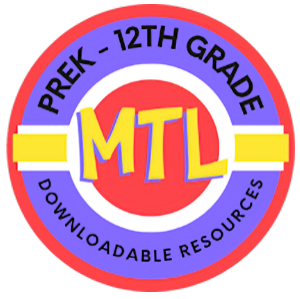

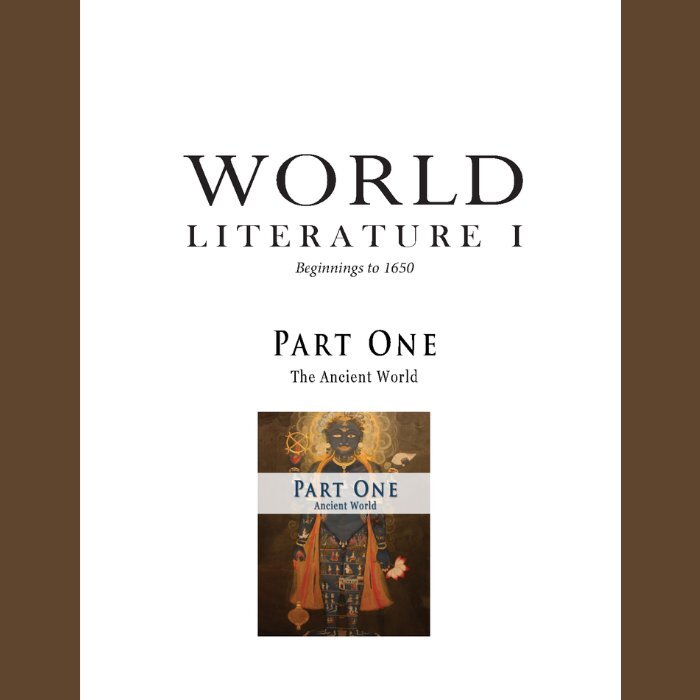
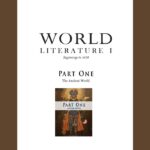
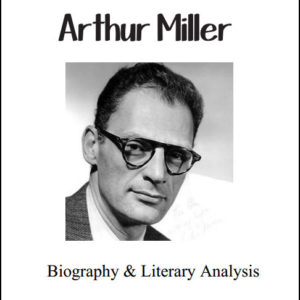
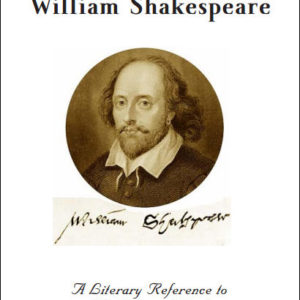
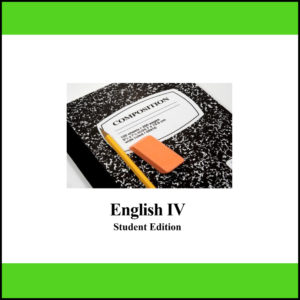
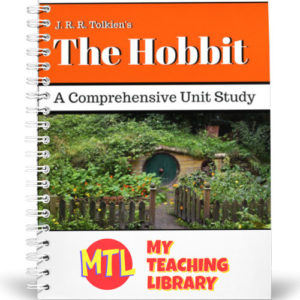
Reviews
There are no reviews yet.